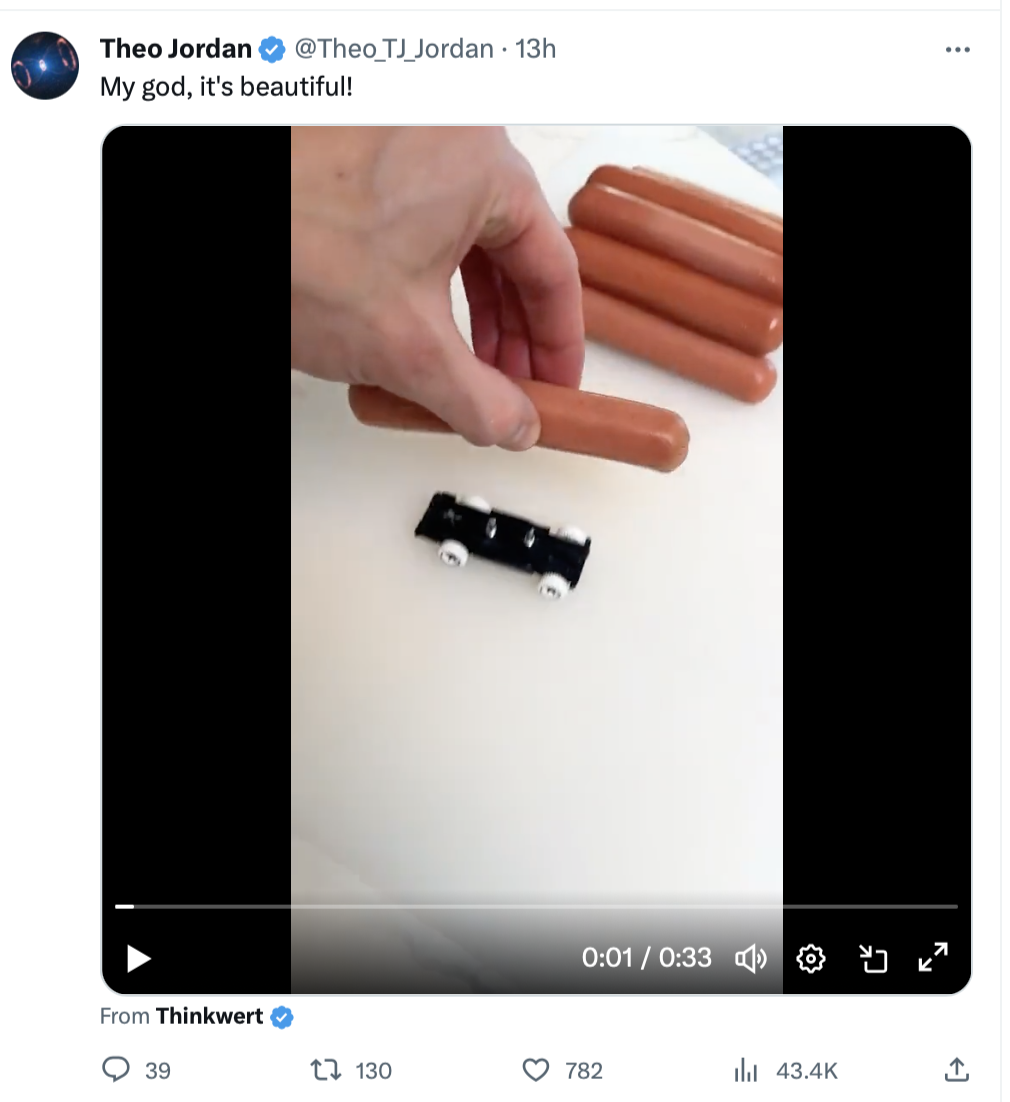From Public, an introduction to the Westminster Declaration, an effort focused on "formal censorship by governments of online speech, not censorship at the level of the workplace or media." Several excerpts from this article:
A group of 138 scholars, public intellectuals, and journalists from across the political spectrum have issued a strong call warning the public of the Censorship Industrial Complex and urging governments to dismantle it in the name of the “first liberty,” freedom of speech. It’s called The Westminster Declaration ...
The signatory list includes scholars like Jonathan Haidt, Steven Pinker, and John McWhorter, actors like Tim Robbins and John Cleese, journalists like Glenn Greenwald, Bari Weiss, and Lee Fang, and scientists like Jay Bhattacharya. It includes prominent free speech advocates like Julian Assange, Edward Snowden, Nadine Strossen, Greg Lukianoff, and many more.
You may notice that the signatory list features thinkers from the Left, like Slavoj Žižek, as well as thinkers from the Right, like Jordan Peterson. People with very different political views have signed the declaration, and you may also notice that individuals with significant disagreements have signed it. That is precisely the point. It is only through free speech that robust political, ethical, and scientific debates can take place.
“Across the globe,” the Declaration reads, “government actors, social media companies, universities, and NGOs are increasingly working to monitor citizens and rob them of their voices. …the Censorship Industrial Complex operates through more subtle methods. These include visibility filtering, labelling, and manipulation of search engine results. Through deplatforming and flagging, social media censors have already silenced lawful opinions on topics of national and geopolitical importance.”
Those who claim they are simply “fighting misinformation” are, in truth, attempting to control the minds of the public. This is exceedingly dangerous since, ”time and time again, unpopular opinions and ideas have eventually become conventional wisdom. By labeling certain political or scientific positions as 'misinformation' or 'malinformation,' our societies risk getting stuck in false paradigms that will rob humanity of hard-earned knowledge and obliterate the possibility of gaining new knowledge. Free speech is our best defense against disinformation.”
While we do not intend to add any additional signatories to the Declaration, given the significant amount of time already invested, we welcome endorsements in the form of articles and social media posts by those who agree with it. We are happy to note that The New York Post, The Telegraph of London, The Times of London, Die Welt, France-Soir, La Veritá, and other newspapers have written about or will soon publish articles about the Declaration.
The opening passages to the Westminster Declaration:
We write as journalists, artists, authors, activists, technologists, and academics to warn of increasing international censorship that threatens to erode centuries-old democratic norms.
Coming from the left, right, and centre, we are united by our commitment to universal human rights and freedom of speech, and we are all deeply concerned about attempts to label protected speech as ‘misinformation,’ ‘disinformation,’ and other ill-defined terms.
This abuse of these terms has resulted in the censorship of ordinary people, journalists, and dissidents in countries all over the world.
Such interference with the right to free speech suppresses valid discussion about matters of urgent public interest, and undermines the foundational principles of representative democracy.
Across the globe, government actors, social media companies, universities, and NGOs are increasingly working to monitor citizens and rob them of their voices. These large-scale coordinated efforts are sometimes referred to as the ‘Censorship-Industrial Complex.’


